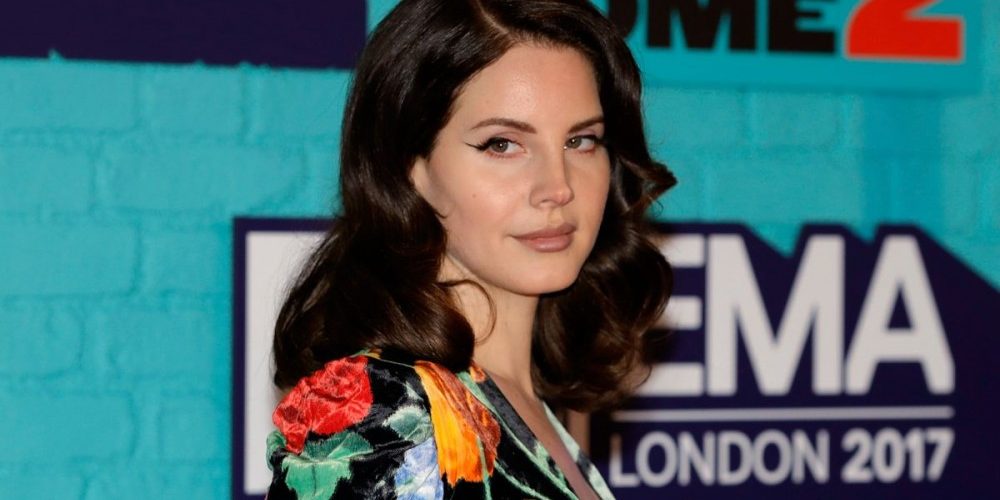Lana Del Rey Defends Controversial Post, Is a Harbinger of ‘New Wave’ Feminism
After experiencing an extremely online backlash to recent comments about other successful female artists, mostly women of color, Lana Del Rey posted an essay Friday claiming accusations of racism against her say “so much more about you than it does about me.” While she’s at it, the singer also writes that her music heralds a “new wave/3rd wave of feminism that is rapidly approaching.” Declares Del Rey, “Watch!”
Fans initially balked on Thursday, when, in response to criticism that her songs and videos glamorize domestic abuse, the singer gestured broadly to the work of Beyoncé, Cardi B, Doja Cat, Nicki Minaj, Kehlani, Ariana Grande, and Camila Cabello. “Can I please go back to singing about being embodied, feeling beautiful, being in love even if the relationship is not perfect, or dancing for money — or whatever I want — without being crucified or saying that I’m glamorizing abuse?,” she wrote on Instagram. Claimed Del Rey, “I’m just a glamorous person singing about the realities of what we are all now seeing are very prevalent emotional abuse relationships all over the world.”
In her new post, the singer maintains, “I remain firm in my clarity and stance in that what I was writing about was the importance of self advocacy for the more delicate and often dismissed, softer female personality, and that there does have to be room for that type in what will inevitably become a new wave/3rd wave of feminism that is rapidly approaching. Watch!” There is a widely-recognized third wave of feminism that kicked off in the 1990s, but her portent still stands.
As for those fans who felt she was claiming successful women of color don’t get criticized for their work while she does, or that they, too, stand accused of glamorizing abuse, Del Rey explains, in short, that that sounds like a “you” problem, “you” being “folks who I can only assume are super Trump/Pence supporters or hyper liberals or flip-flopping headline-grabbing critics who can’t read.” Writes the singer, “But in truth making it about race says so much more about you than it does about me – you want the drama, you don’t want to believe that a woman could be beautiful, strong and fragile at the same time, loving and all inclusive by making personal reparations simply for the joy of doing it.” You can read her full post below.
